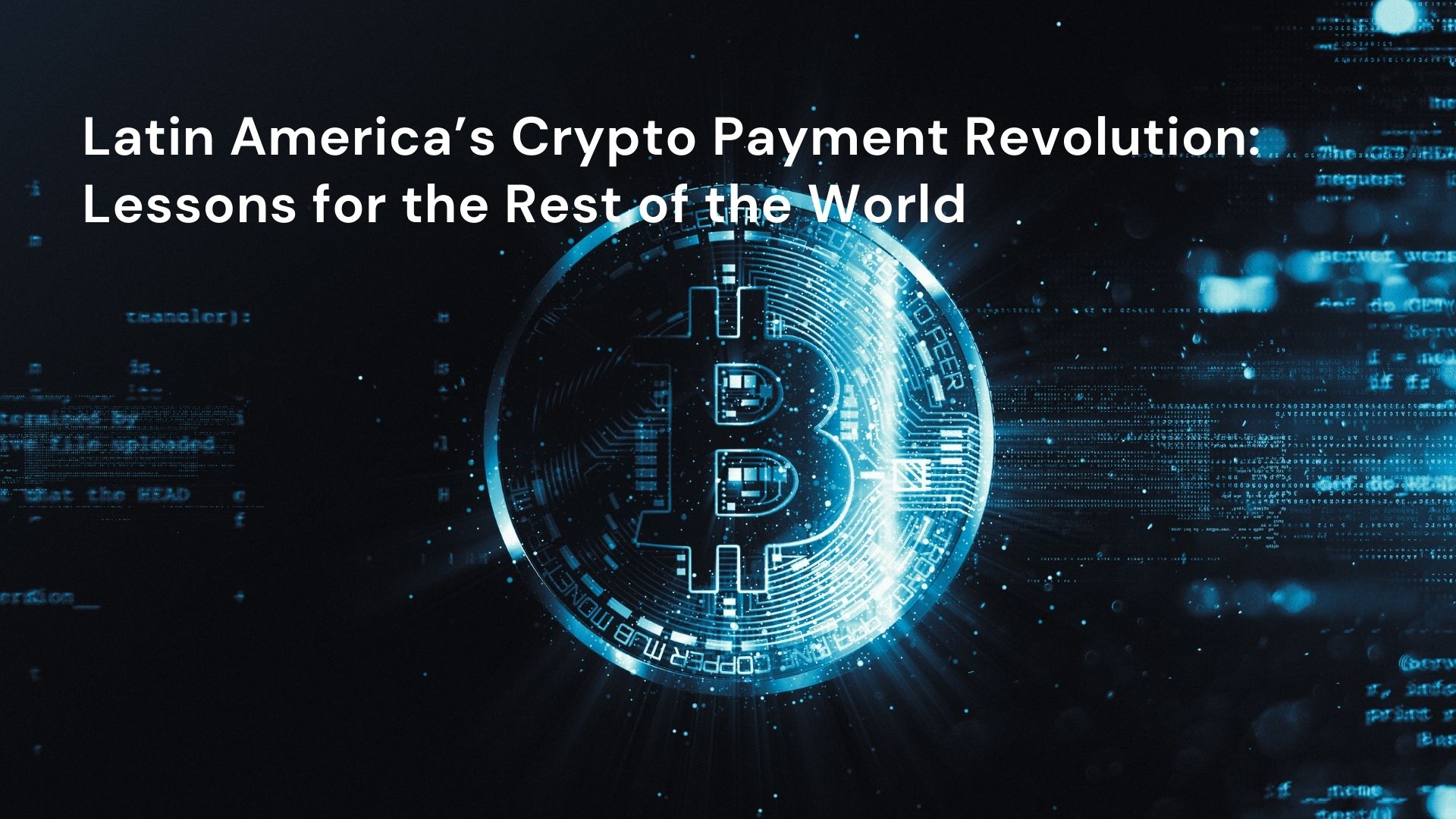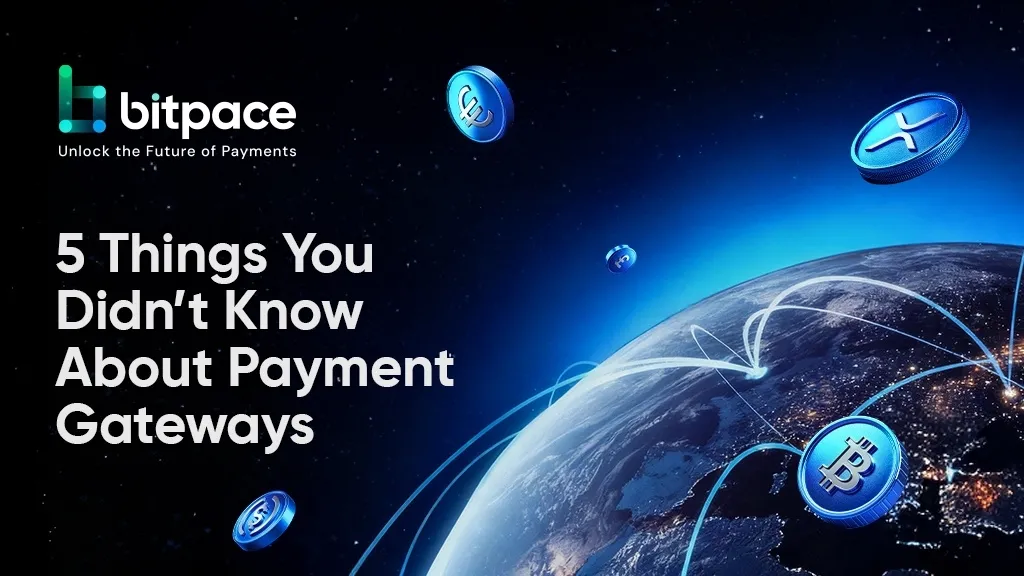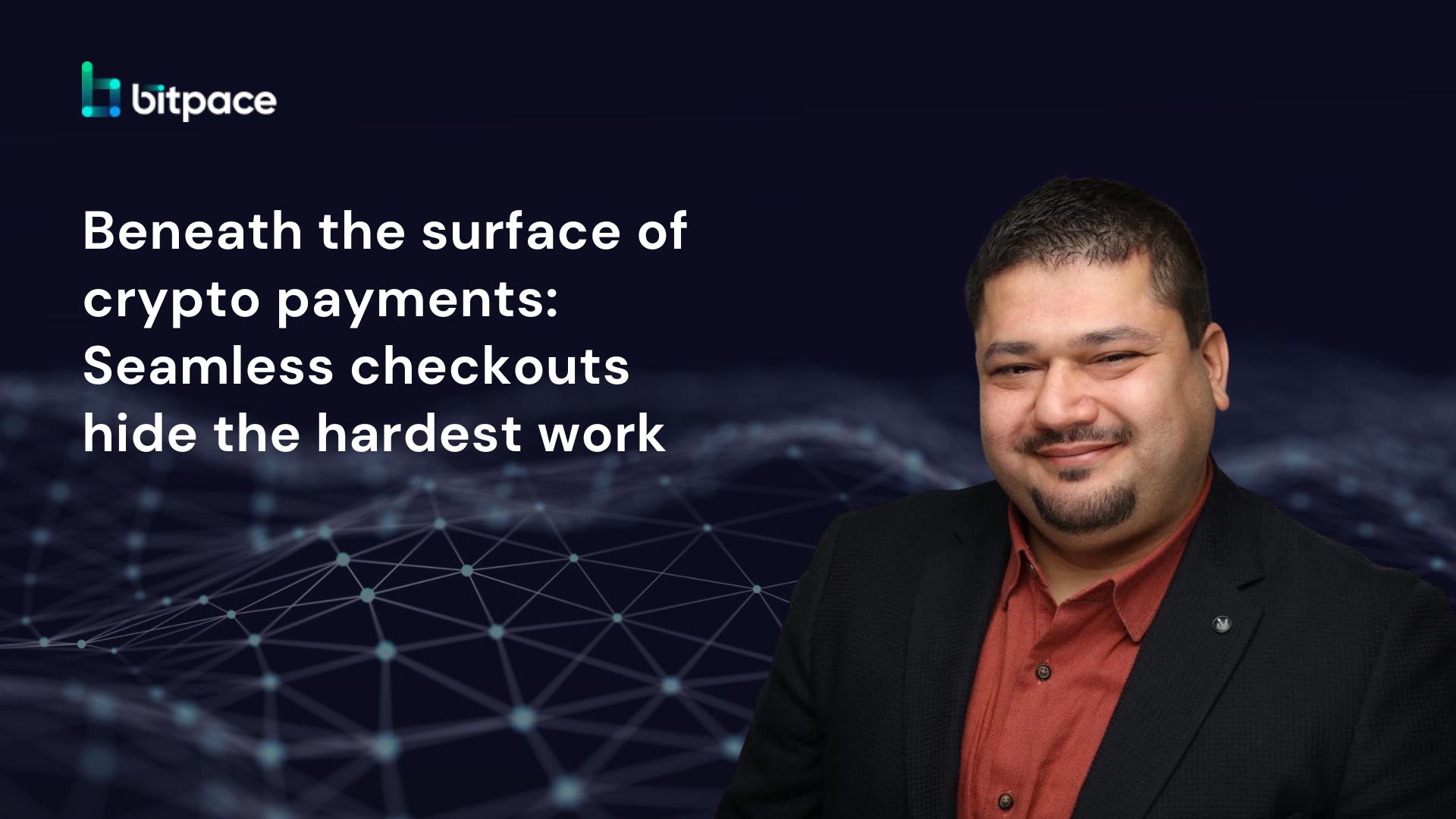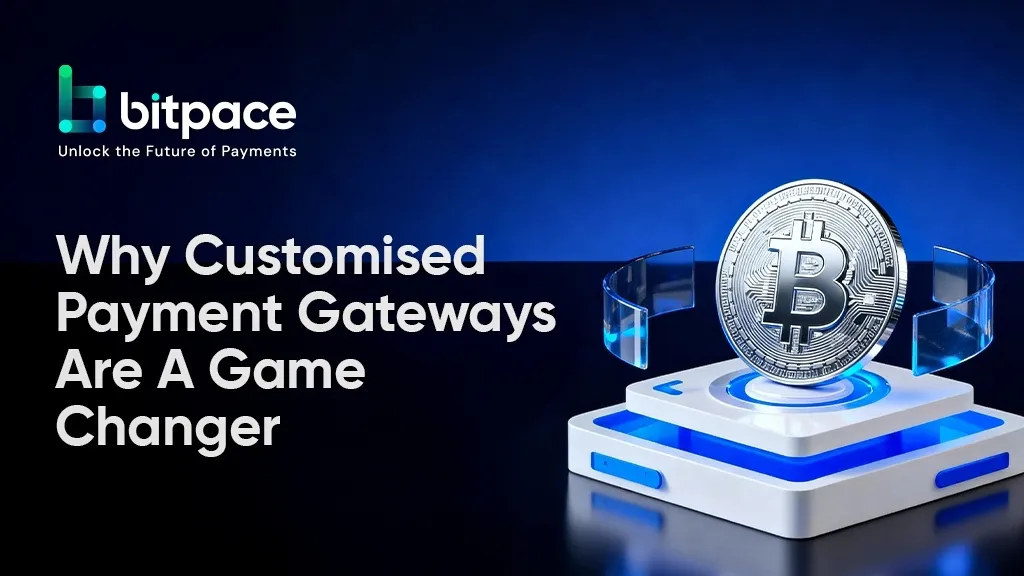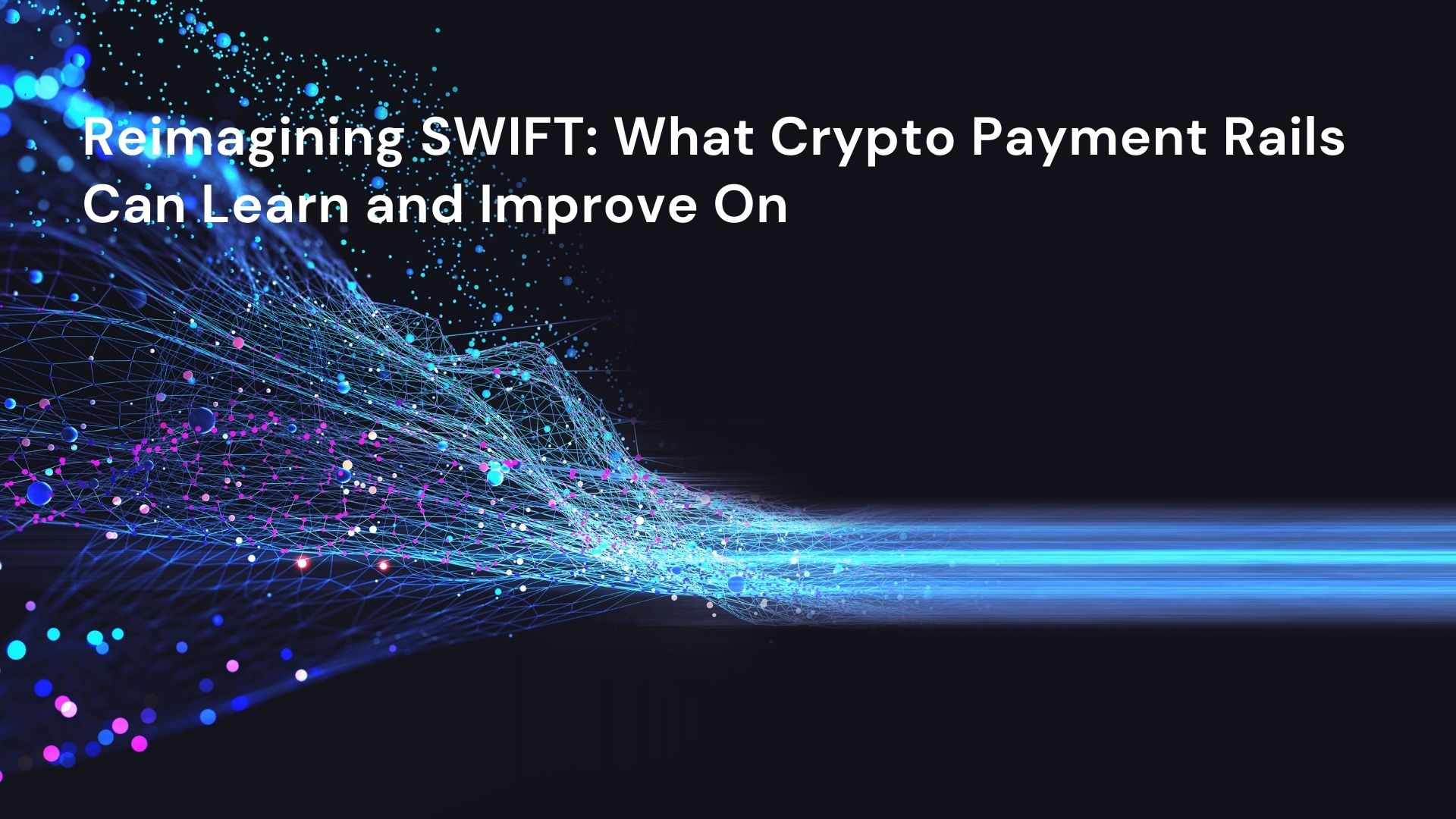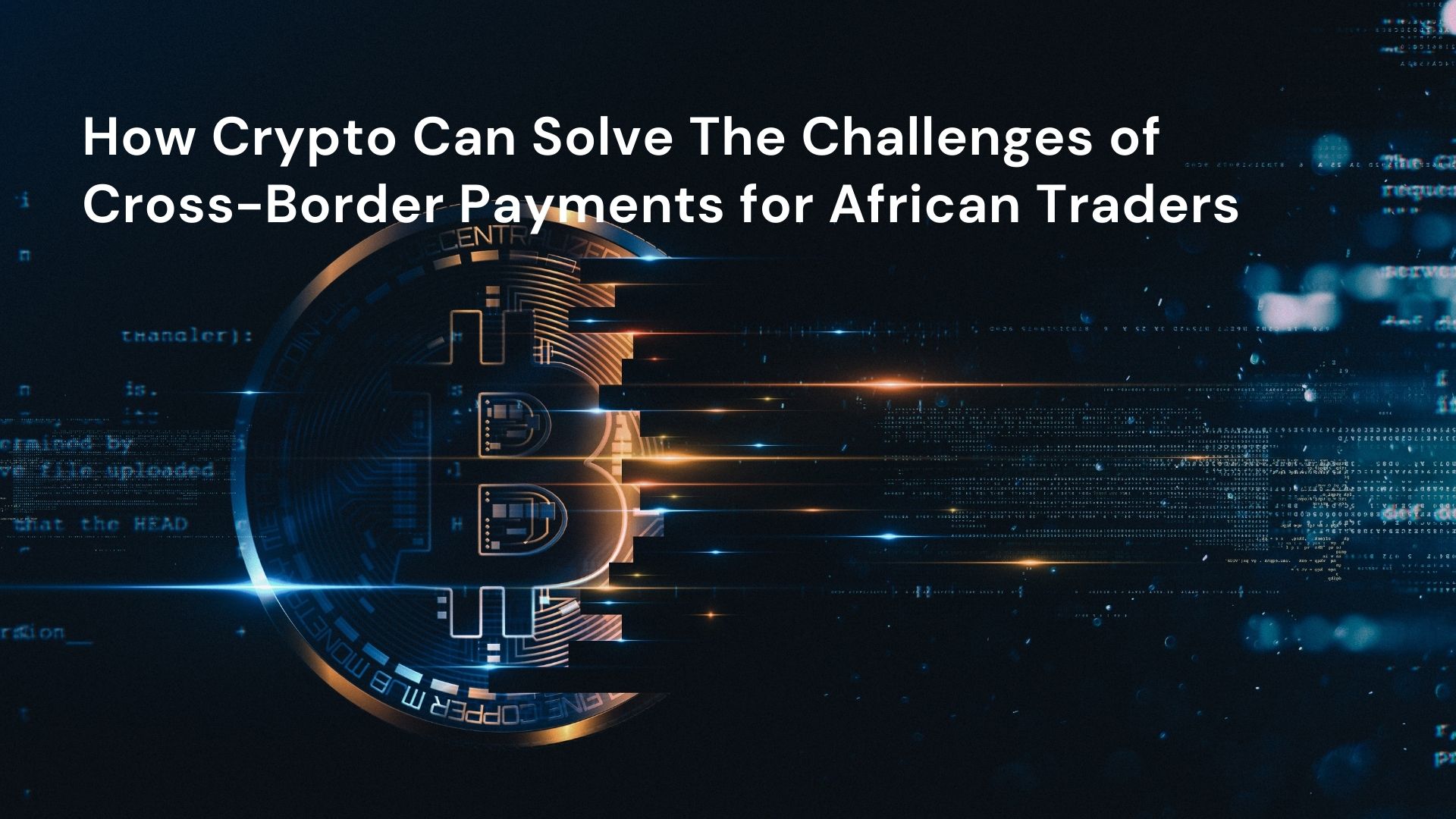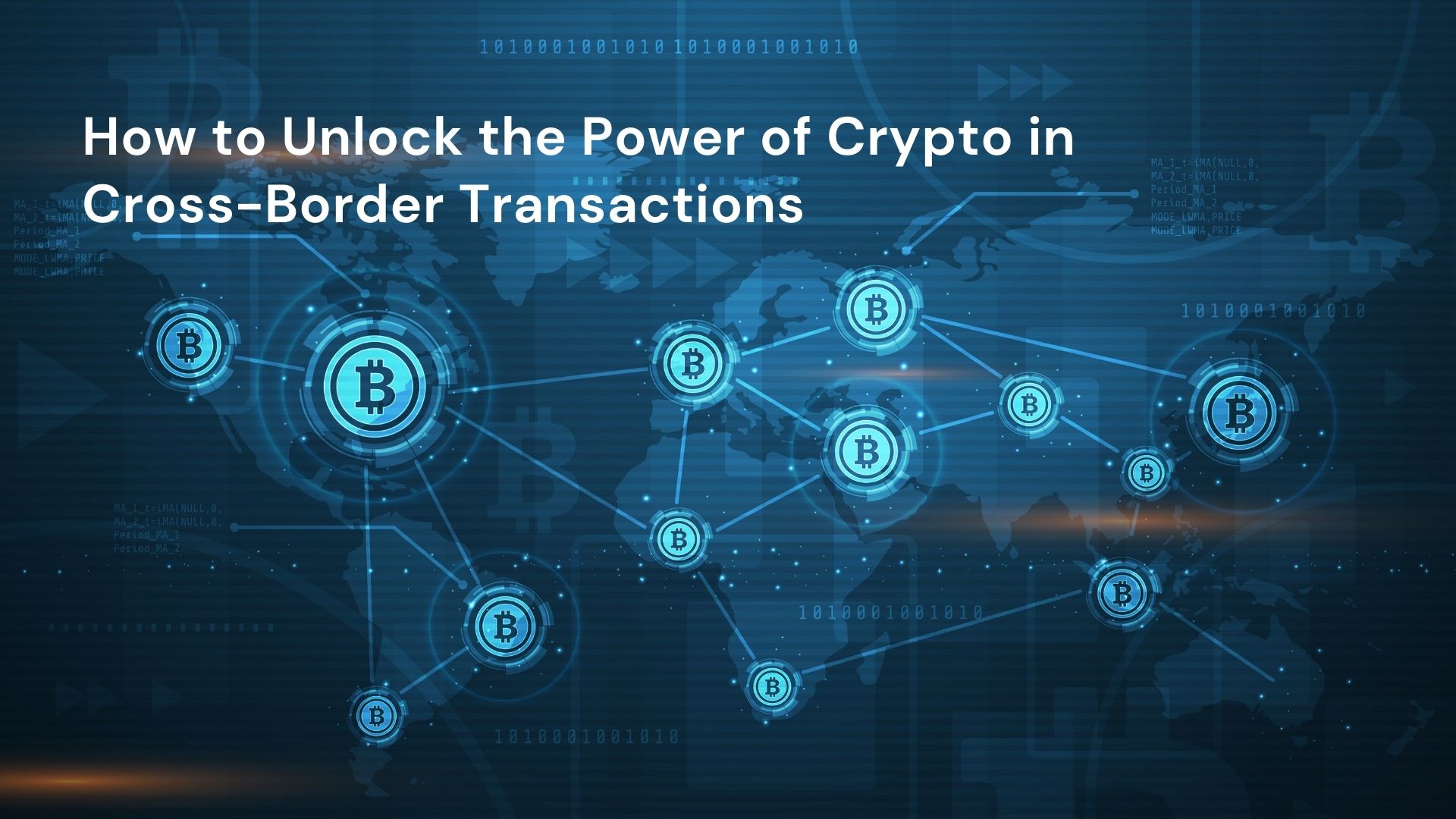Latin America is undergoing a transformative shift in how payments are made, as crypto becomes a widely accepted alternative to …
Read More “Latin America’s Crypto Payment Revolution: Lessons for the Rest of the World”
COMPANY
Blog
Discover the future of payments on the Bitpace Blog – your destination for innovative payment gateway insights and the evolving landscape of digital finance. Our posts are crafted to explain digital transactions, offering businesses and tech enthusiasts a clear path through the complexities of blockchain and traditional finance integration.
Mustafa Budak: The future of AI applications: MCP servers
MCP servers: the backbone of scalable, adaptive AI
Read More “Mustafa Budak: The future of AI applications: MCP servers”
In an era defined by rapidly evolving AI capabilities, the de…
Anıl Öncü: Blockchain for businesses: from hype to infrastructure
Anil Oncu at Bitpace unpacks how business leaders are progressing their digital asset strategies, and what’s needed for enterprise-scale adoption
Read More “Anıl Öncü: Blockchain for businesses: from hype to infrastructure”
Bitpace: 5 things you didn’t know about payment gateways
Payment gateways serve as essential intermediaries between customers and businesses, authorising and processing transactions securely and efficiently.
Crypto…
Read More “Bitpace: 5 things you didn’t know about payment gateways”
Beneath the surface of crypto payments: Seamless checkouts hide the hardest work
A user clicks ‘Pay with USDC’. A few seconds later, the merchant sees a confirmed order. What neither sees are the multiple orchestrated steps happening sil…
Read More “Beneath the surface of crypto payments: Seamless checkouts hide the hardest work”
Bitpace: why customised payment gateways are a game-changer
Customised payment gateways provide exclusive financial solutions designed to meet the needs of specialised industries such as iGaming. These gateways enhance t…
Read More “Bitpace: why customised payment gateways are a game-changer”
Reimagining SWIFT: What Crypto Payment Rails Can Learn and Improve On
SWIFT (Society for Worldwide Interbank Financial Telecommunication) has long served as the foundation of international banking c…
Read More “Reimagining SWIFT: What Crypto Payment Rails Can Learn and Improve On”
How Crypto Can Solve The Challenges of Cross-Border Payments for African Traders
Cross-border transactions remain a significant hurdle for many African traders, often limiting their ability to engage efficient…
Read More “How Crypto Can Solve The Challenges of Cross-Border Payments for African Traders”
How to Unlock the Power of Crypto in Cross-Border Transactions
Cross-border payments are often hindered by excessive fees, lengthy processing times, and a reliance on intermediaries. Crypto o…
Read More “How to Unlock the Power of Crypto in Cross-Border Transactions”

